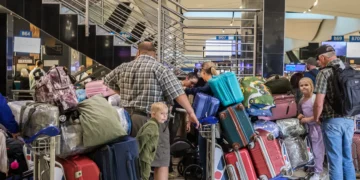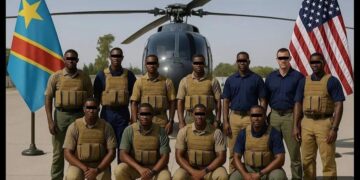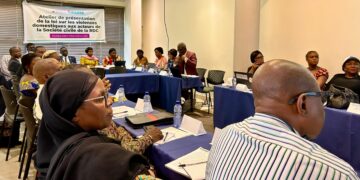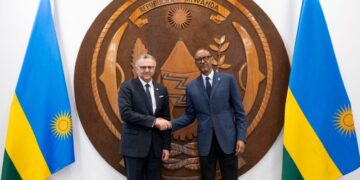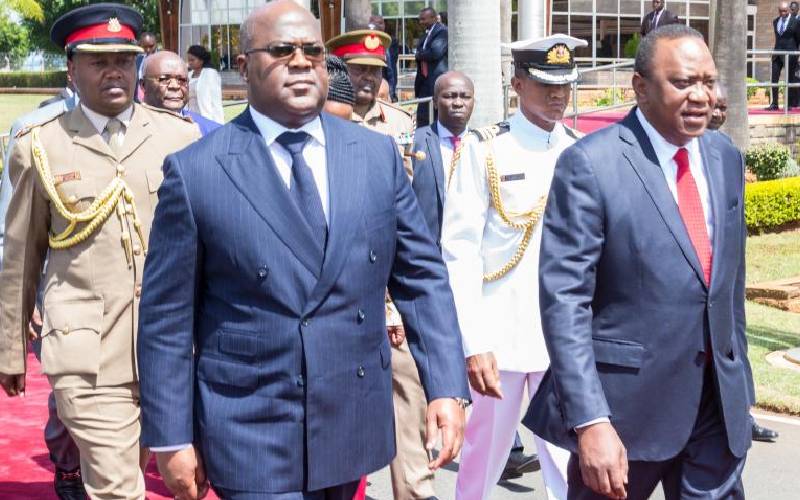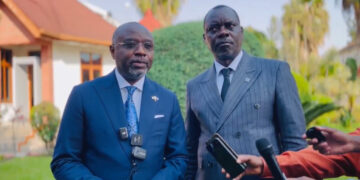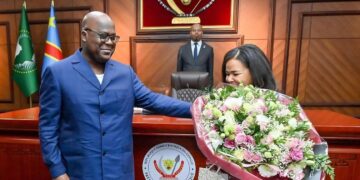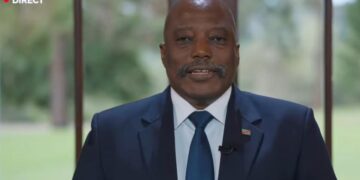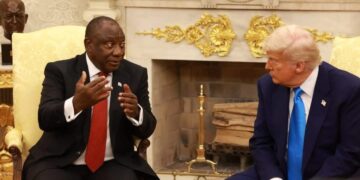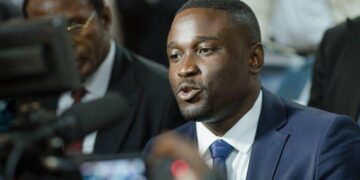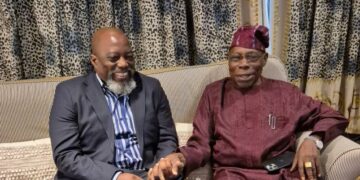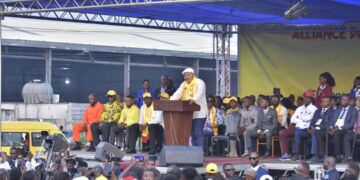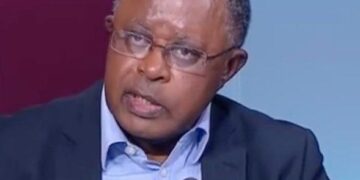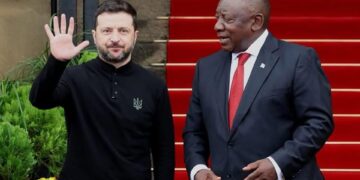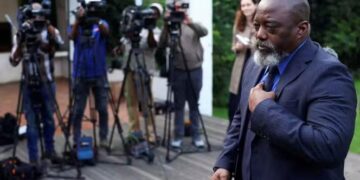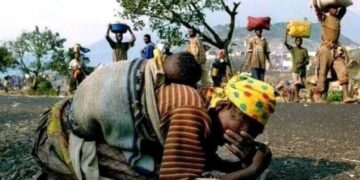The conflict, which has been called “Africa’s World War,” has claimed millions of lives, displaced countless people, and devastated one of the richest countries on Earth not in terms of development, but in natural resources. The war in the DRC is a brutal paradox: immense wealth fueling immense suffering.
A Historical Wound Left Open
The roots of the conflict trace back to colonialism. Under Belgian rule, the Congo was treated as a private enterprise of King Leopold II, who exploited its rubber and minerals through forced labor, killing millions. After gaining independence in 1960, the country was plunged into political chaos. Patrice Lumumba, the democratically elected leader, was assassinated with the complicity of Western powers. This opened the door to decades of dictatorship under Mobutu Sese Seko, who enriched himself while the state collapsed.
Mobutu’s fall in 1997 set the stage for the First Congo War, as regional powers like Rwanda and Uganda invaded to remove him and install Laurent-Désiré Kabila. His assassination a few years later sparked the Second Congo War (1998–2003), involving nine African nations and over 20 armed groups. Though a formal peace deal was signed in 2003, violence has continued to flare, especially in the eastern regions.
The Economic Engine of War
The DRC’s vast mineral wealth is both a blessing and a curse. The eastern provinces — particularly North Kivu, South Kivu, and Ituri — are rich in coltan (essential for smartphones and electronics), cobalt (vital for electric car batteries), gold, diamonds, and tin. These resources are the economic engine of the war.
Armed groups, often with ties to neighboring countries, control mines and trade routes. They use child labor, extort local populations, and smuggle minerals across borders. The profits fund more weapons and more violence. In some areas, rebel groups impose “taxes” on miners and transporters, functioning like warlords.
Multinational corporations are complicit, knowingly or unknowingly purchasing “conflict minerals” through opaque supply chains. Despite international initiatives like the Dodd-Frank Act in the United States, which sought to bring transparency to sourcing, loopholes and weak enforcement mean that Congolese blood still stains global tech.
Foreign Interests and Regional Geopolitics
Countries like Rwanda and Uganda have long been accused of supporting rebel groups to control the mineral-rich territories in the DRC. UN reports have documented the smuggling of Congolese minerals into these countries, where they are laundered and sold on international markets. These nations deny involvement, but evidence suggests otherwise.
At the same time, international actors — including China, the United States, and European powers — are deeply involved. China has become a dominant player in Congolese mining, often securing contracts under opaque conditions and offering infrastructure in exchange. Meanwhile, Western companies continue to rely on Congolese cobalt and coltan, often without verifying the origins.
The Human Cost
The toll on the Congolese people is catastrophic. Over 6 million deaths have been linked to the conflict, primarily from hunger, disease, and lack of access to healthcare. Mass rapes and gender-based violence are used as weapons of war. Millions remain internally displaced, living in makeshift camps without basic services. Education, healthcare, and infrastructure are in ruins.
Entire generations have grown up in conflict zones, where militias recruit child soldiers and communities live under constant threat. The state remains weak, its institutions often corrupt or incapable of protecting citizens. Meanwhile, civil society activists and journalists who try to expose the truth face threats, imprisonment, or assassination.
A War Against the People
The war in the DRC is fundamentally a war against its people. While the country’s resources should be a source of prosperity, they have become the reason for its destruction. The violence serves the interests of those who profit from instability — whether they are warlords, foreign corporations, complicit governments, or corrupt elites.
What makes this conflict particularly insidious is the silence that surrounds it. The DRC rarely makes global headlines, and when it does, the coverage is often superficial. The international community has failed to apply real pressure on those fueling the conflict. Peacekeeping missions like MONUSCO have had limited impact, criticized for being underfunded, poorly coordinated, and politically constrained.
What Needs to Change
Solving the crisis in the DRC requires more than humanitarian aid. It demands a radical shift in how the global community engages with the country:
• Transparency in supply chains: Tech companies and manufacturers must ensure they are not purchasing minerals sourced through violence.
• Accountability: Regional actors and international corporations that benefit from the chaos must be held to account through sanctions and legal mechanisms.
• Support for civil society: Congolese voices must be amplified, protected, and supported in their fight for justice and sovereignty.
• Investment in peace, not just profit: Sustainable development, education, healthcare, and infrastructure must be prioritized over exploitation.


